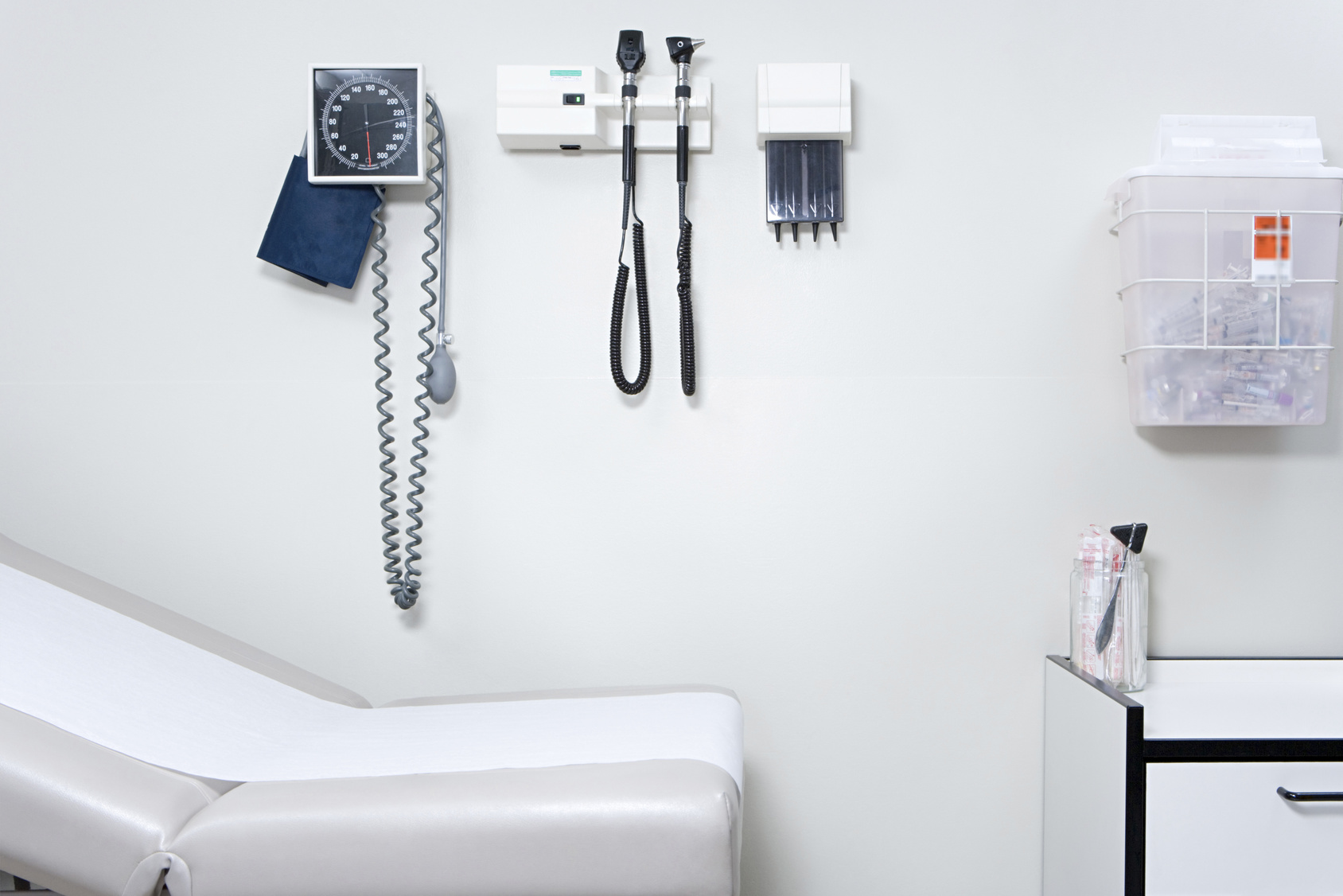Physician burnout is a deeply alarming and widespread problem in healthcare. We don’t have to tell you, however. According to a recent study conducted by locumstory, the chances are incredibly high that you, as a physician, have seen your fellow physicians experiencing it, or you have felt the effects of it, firsthand.
In a survey of more than 3,700 physicians, located in nearly every region of the country and working in nearly every specialty and setting, 74% of physicians reported seeing symptoms of burnout in their colleagues, while 52% personally admitted to feeling burnt out, and that same percentage (52%) stated that they believe burnout is affecting their job performance. The top two specialties that admitted to seeing burnout in themselves and reported it was affecting their job performance were emergency medicine and psychiatry. Surgeons were the least likely to report feeling burnt out.
The most common burnout symptoms reported were irritability and apathy, and about half of physicians also reported feeling chronic fatigue, as well as impaired memory and attention. A staggering 6% of those surveyed admitted that they have contemplated suicide because of the demands of their profession, and more than 10% said they take medication for anxiety or depression, most of which having claimed their profession contributed to their anxiety or depression.
Even though more than half of those surveyed reported that they have experienced burnout, and 6% admitted suffering suicidal thoughts, physicians are not seeking help. Despite 51% reporting that their workload had impacted their mental health, only 17% of physicians surveyed said they have met with a mental health professional, and even less (16%) have considered it. 67% said they have never met with a mental health professional. One reason for this could be explained by another finding of the study: more than half of physicians (53%) agreed that mental health is a taboo issue.
There is hope, however. Last year, the AMA announced they were adopting a new policy aimed at improving physician and medical student access to mental health care. The new policy is structured around helping reduce stigma associated with mental health illness that could unfairly impact a physician’s ability to obtain a medical license and impede physicians and medical students from receiving care. Additionally, the AMA’s Steps Forward Program, part of their Professional Satisfaction and Practice Sustainability initiative, which launched in 2011, is a resource designed to improve the health and well-being of patients by improving the health and well-being of physicians and their practices through a series of practice transformation modules.
Most physicians build their careers around saving lives, or at the very least, improving them. That needs to apply to themselves, as well. If you are a physician who is experiencing burn out, we encourage you to consider looking into the Steps Forward Program further, as well as seeking appropriate mental health care. Your lives, and the lives of your patients, depend on it.
To explore mental health resources available to you, please visit https://www.nimh.nih.gov/health/find-help/index.shtml.
Disclaimer: The viewpoint expressed in this article is the opinion of the author and is not necessarily the viewpoint of the owners or employees at Healthcare Staffing Innovations, LLC.




